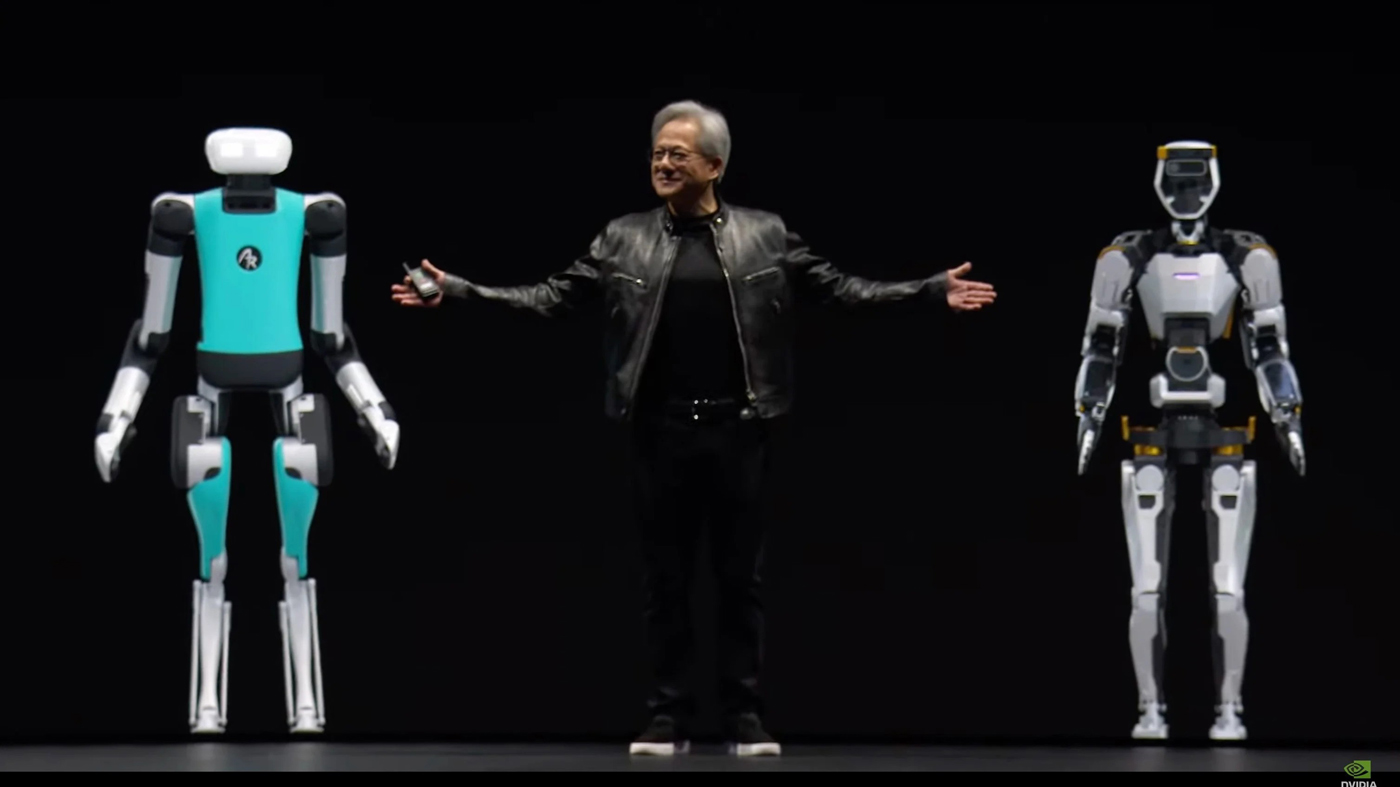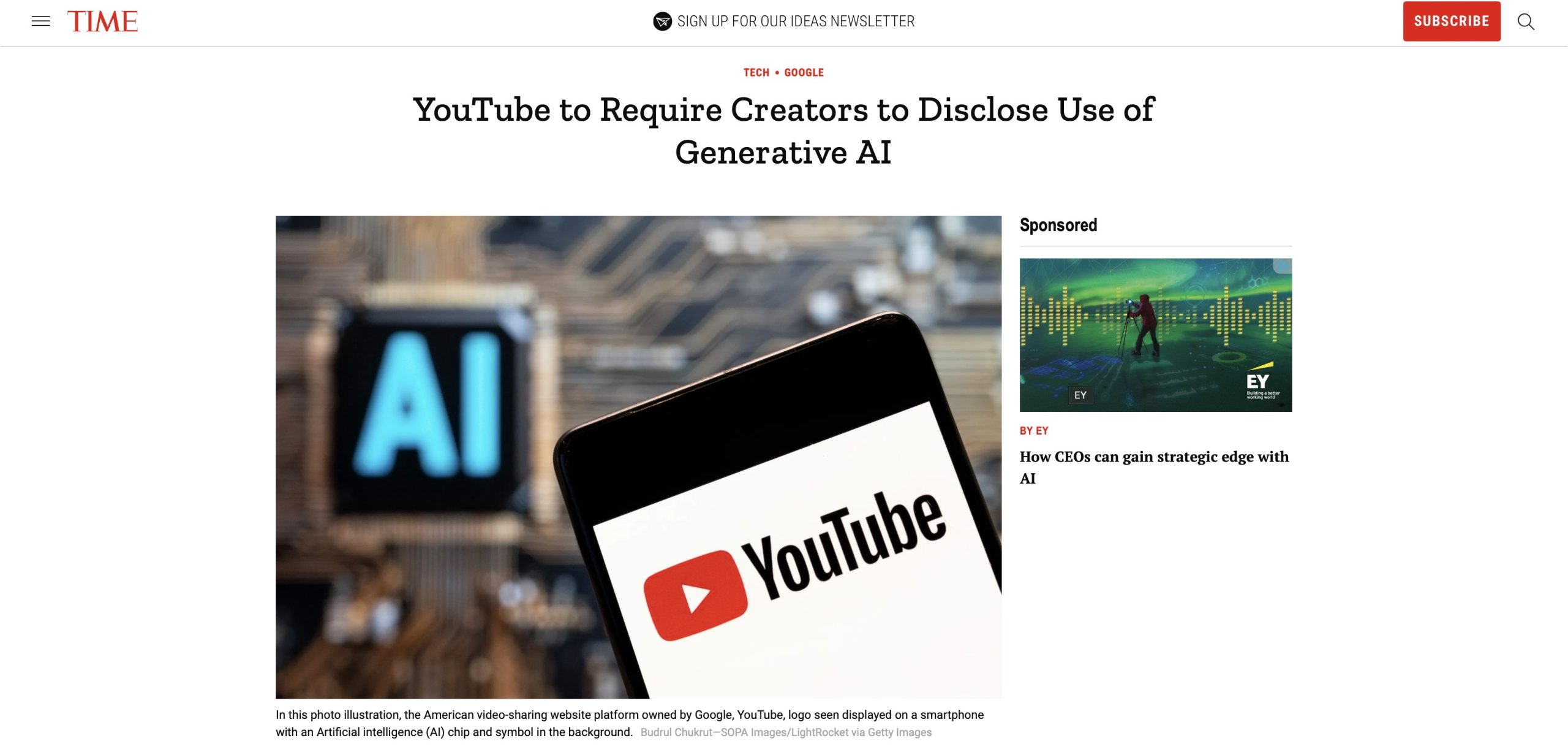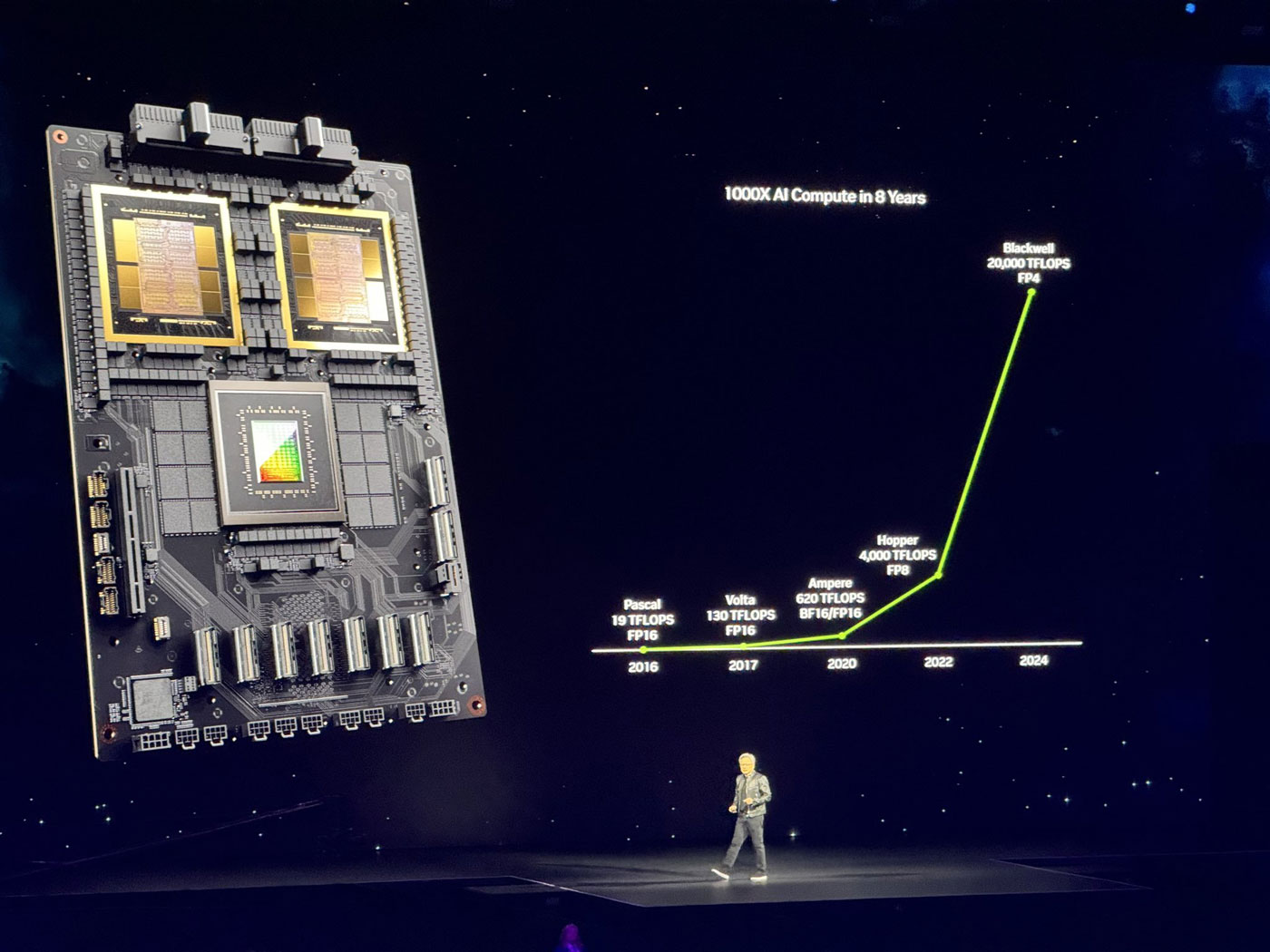Global AI market will reach $900 billion by 2026
The whispers of a coming AI revolution have morphed into the roar of an engine, propelling us towards a future deeply intertwined with artificial intelligence. From the convenience of voice assistants to the complexities of self-driving cars, AI’s influence is undeniable. And this influence is poised to explode, with the global AI market projected to reach a staggering $900 billion by 2026, according to International Data Corporation (IDC). This translates to a compound annual growth rate (CAGR) of 18.6% from 2022, painting a clear picture: AI is not a fleeting trend, but a fundamental shift with profound implications.
Several forces are fueling this exponential growth. At the heart lies the rapid advancement of AI technology itself. Machine learning algorithms are achieving remarkable feats, natural language processing is enabling seamless human-computer interaction, and computer vision is unlocking a world of possibilities from facial recognition to autonomous navigation. This progress wouldn’t be possible without the data deluge we’re experiencing. The ever-increasing volume of data generated – from social media interactions to sensor readings – provides the fuel for training and refining AI models, leading to ever-improving accuracy and performance.
But technological advancements and data availability are only part of the story. Businesses are increasingly under pressure to automate and optimize their operations to remain competitive. AI presents itself as a potent solution, offering efficiency gains, cost reductions, and valuable insights gleaned from data analysis. Recognizing this potential, investments in AI research and development are surging, with both governments and businesses pouring resources into this revolutionary technology. This creates a virtuous cycle, where advancements attract further investment, leading to even faster development and wider adoption.
The impact of this growth will be felt across diverse industries. In healthcare, AI-powered diagnostics and personalized medicine offer the potential for earlier disease detection and more effective treatments. Manufacturing stands to benefit from automation-driven optimization of production lines and supply chains, leading to improved efficiency and quality control. The financial sector is already embracing AI for fraud detection, algorithmic trading, and personalized financial advice, transforming how we manage our money. Even the retail experience is undergoing a metamorphosis, with AI-powered chatbots offering customer support, targeted product recommendations, and dynamic pricing strategies.
However, amidst the excitement, ethical concerns loom large. Questions surrounding job displacement, potential biases in AI algorithms, and the responsible use of this powerful technology require careful consideration. Addressing these concerns proactively is crucial to ensuring that AI benefits all of humanity and doesn’t exacerbate existing inequalities.
The $900 billion prediction isn’t just a number; it’s a harbinger of the transformative power of AI. It’s a call to action – to prepare for its impact, to foster responsible development, and to harness its potential to create a better future. Whether you’re a business leader, a technologist, or simply a curious observer, understand that this AI revolution is not something to passively witness, but actively shape. The future is unwritten, and the choices we make today will determine how AI reshapes our world.





